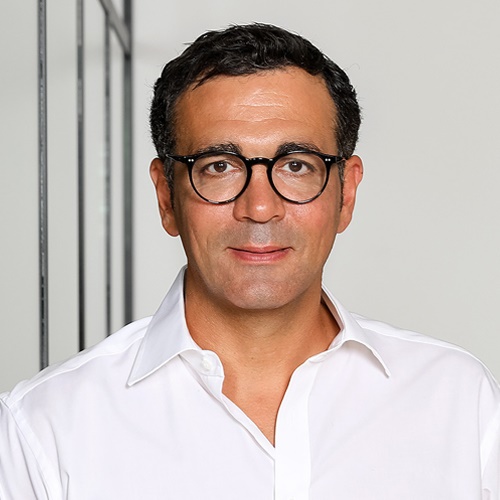Mobile ad tech firm WeQ has acquired Booster Studios as it looks to develop and publish hyper-casual games.
Rebranded WeQ Studios, the company will create its own games in-house and publish third-party titles. It’ll offer services to developers of all sizes and will help studios achieve scale in markets such as the US, Europe and Eastern Europe. There are also plans afoot to expand into APAC this year.
WeQ already offers various user acquisition and engagement services, including its app ranking tool Boost, UA management and optimisation through Perform, influencer marketing agency WeQ Influencers, and ad fraud protection solution Shield.
Lucrative opportunity
The company believes the knowledge it gets from its advertising arm will help it better support developers as a publisher.
Former Softgames game designer and project manager Frédéric Hatanian has joined the company as its head of gaming. Alex Olmos Pardo, formerly ASO specialist at From The Bench Games, has also been recruited as UA manager.
We have united the talents of a gaming studio and our mobile advertising expertise to provide mobile developers of all sizes the chance to launch, market and grow their games at scale.Markus Malti
Prior to the acquisition, Booster Studios had release hyper-casual games Helix Madness and Stack it Up!. Since joining WeQ it has launched Cube Flip and is set to release Clear Out.
Speaking to PocketGamer.biz, WeQ MD Markus Malti said that with the hyper-casual games market now estimated at a value of between $2 billion and $2.5 billion, it saw an opportunity to invest in development and publishing.
“That unique combination is what sets us apart from the competition: we have united the talents of a gaming studio and our mobile advertising expertise to provide mobile developers of all sizes the chance to launch, market and grow their games at scale,” said Malti.
“Plus, with gaming at WeQ already being one of our biggest verticals, we have first-hand experience in growing casual gaming apps. So aside from helping developers achieve their goals, we are able to continue helping existing partners, the chance to grow their apps with exclusive inventory.
“Combining a comprehensive publishing platform with user acquisition expertise and premium player acquisition, WeQ Studios is able to bring iPhone and Android games to audiences worldwide, pushing them to the top of the charts.”
Supporter or competitor?
WeQ is not the only advertising company to expand into hyper-casual in recent times. PocketGamer.biz has spoken with UA and marketing managers in the past who expressed concern about ad firms effectively competing with them in the publishing space while also having access to their data.
We work with third-party developers transparently, with fairness and full respect for intellectual property.Markus Malti
According to Malti, WeQ remains a mobile advertising company specialising in UA, but now with the addition of gaming on top of that.
“We work with third-party developers transparently, with fairness and full respect for intellectual property,” he said.
“We publish their games according to a fair shared revenue system, as we understand that our success is determined by our partners’ success. We are always eager for new games to show at our door and are looking forward to seeing how our unique offering can help developers.
“There is also an additional benefit to our clients. They are gaining access to an exclusive ad inventory within our apps, where we have a good oversight in order to find the right customer for the right app at the right time for an advertiser. We can offer that as we know the apps and can deliver highly customised service.
“We can now offer user acquisition on one side and monetization on the other - and we see the combination of both as a huge benefit for our clients.”
When pressed on what data it collects from client campaigns and how it uses this to inform its own publishing initiative, Malti said WeQ does not have access to all the details developers see, such as all in-app events.
He added that with the acquisition of Boost Studios it is now gaining more experience in development and UA on Google and Facebook.
“On the gaming side, we set everything in place for our partners, so that we can analyse ad placements, based on the results of live operation,” said Malti.
“This means that based on the results we see in real-time, we are able to optimise the campaigns accordingly. With our solid experience in UA and marketing, we take care of things like: localisation, app store optimisation, and creation of marketing assets like banners and videos.
“We work towards set KPIs, in order to ultimately increase the lifetime value (LTV) of the game, as well as improving ASO and monetisation. In essence, the data we have access to powers any decision that allows to improve the app itself with UA and monetisation. We leverage the data and learnings from that side to provide a better service to our clients.”






















